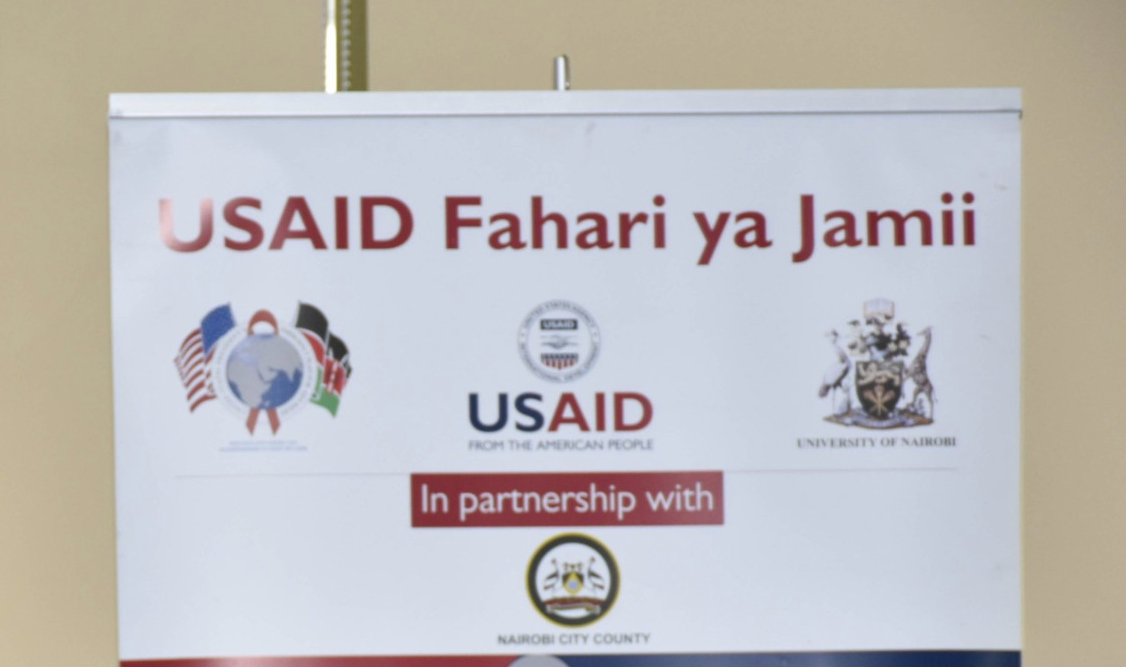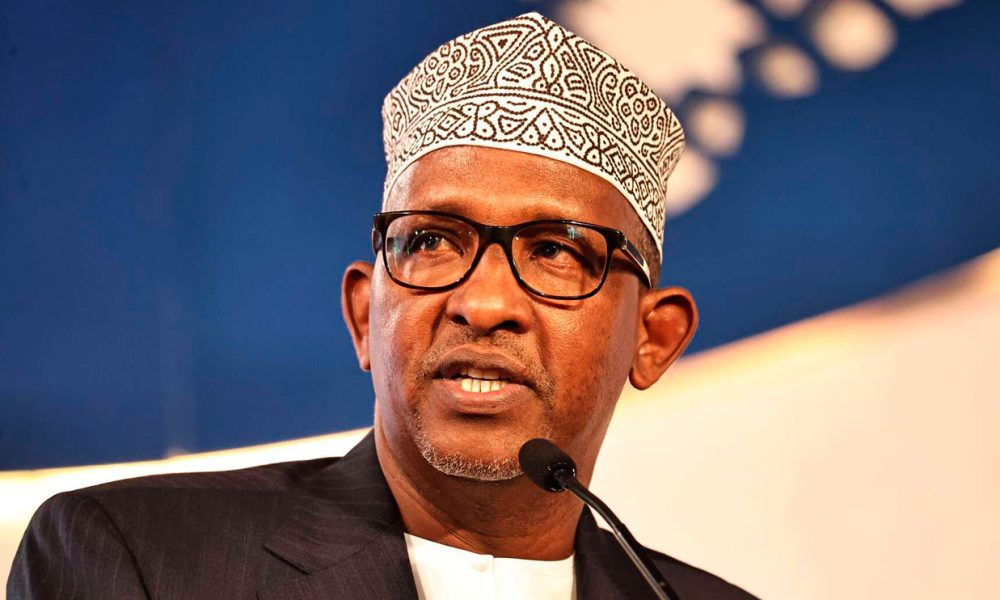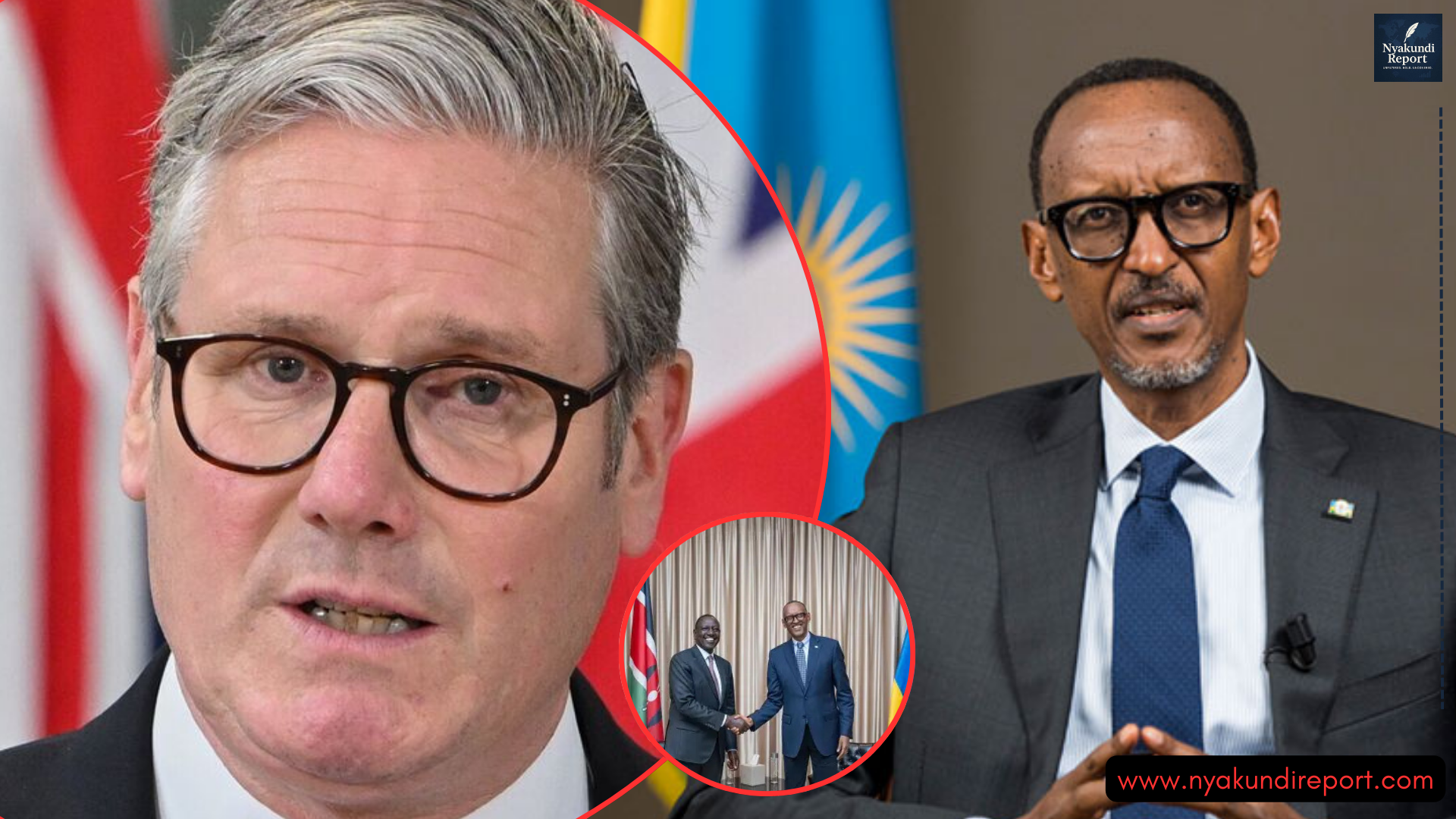It was a deal too good to resist—250 kilograms of pure gold, flown by private jet from Nairobi to Dubai, sealed with all the paperwork and “official” assurances an investor could want. But for a Canadian businessman, the dream quickly turned into a nightmare.
In April 2025, he wired over Ksh80 million in cash and cryptocurrency, expecting a windfall from the booming gold market. Instead, he fell victim to a sophisticated fake gold deal that police say was masterminded by a transnational crime syndicate operating across Africa.

How the Fake Gold Deal Was Orchestrated
The Directorate of Criminal Investigations (DCI) says the Kenyan suspect played a central role in the elaborate scam that has shocked both local and international investors. According to the Operations Support Unit (OSU), the man lured the Canadian investor into what was presented as a legitimate gold export business.
Investigators say the victim was convinced he was buying 250 kilograms of gold bound for Dubai. The syndicate went as far as issuing a pro forma invoice for Ksh41.39 million (USD 318,400), allegedly from a registered company. Believing the deal to be genuine, the investor wired the money directly into the suspect’s account, which had been presented as part of an escrow arrangement.
The deception did not end there. Soon after, the investor was instructed to make an additional payment of Ksh39 million (USD 300,000) in the form of cryptocurrency USDT to a wallet controlled by the scammers. DCI sources say the investor was then told to send yet another USDT 300,000 — still, no gold was delivered.
The elaborate staging, complete with corporate documents and the promise of private jet transport, was a hallmark of the fake gold deal scams that have flourished in Kenya in recent years.
Arrests and Links to Wider Syndicate
The arrest of the Kenyan suspect comes just weeks after detectives captured a Cameroonian national alleged to be the mastermind of the operation. The two are believed to have worked closely with other foreign nationals, each playing a role in luring investors, securing large payments, and disappearing once funds were transferred.
In a parallel investigation, DCI also arrested a Congolese national in connection with a separate gold scam targeting a Gabonese investor. That deal, police say, followed a nearly identical playbook—lavish promises, carefully staged meetings, and hefty payments into escrow accounts controlled by the scammers.
In the Gabonese case, the victim transferred Ksh18.2 million (USD 140,000) before realizing no gold would arrive. Both the Congolese suspect and his Kenyan accomplice were brought before the Milimani Law Courts, where detectives secured a seven-day custodial order to complete investigations.
Kenya’s Growing Reputation in Fake Gold Deal Scams
Kenya’s image as a hub for gold trade has become increasingly tarnished by a series of high-profile fraud cases. Detectives say the fake gold deal racket thrives due to a combination of lax oversight, forged documentation, and the involvement of both local and foreign players.
In this latest case, police suspect the proceeds have already been moved through multiple bank accounts and cryptocurrency wallets, making recovery difficult. The use of USDT—a stablecoin pegged to the US dollar—is becoming a preferred payment method for such syndicates, as it allows for near-instant transfers beyond the reach of traditional banking scrutiny.
Authorities say this scam is not an isolated incident but part of a larger, well-organized network that targets wealthy investors from across the globe. The victims are often convinced by elaborate presentations, “secure” contracts, and staged visits to what appear to be legitimate offices.
The DCI has urged potential investors to conduct independent verification before engaging in gold transactions in Kenya, warning that the sector is rife with fraud. Meanwhile, detectives continue to unravel the financial trail in hopes of recovering part of the Ksh80 million and bringing all the perpetrators to justice.











































